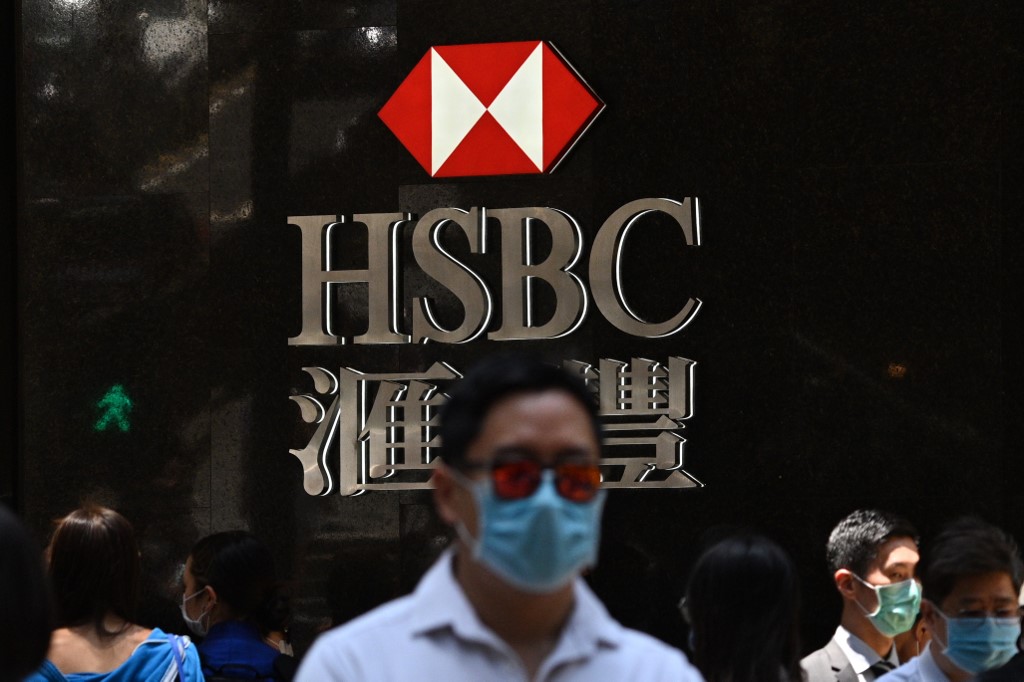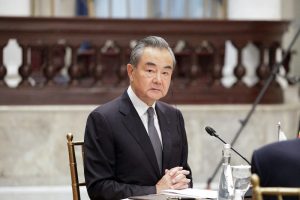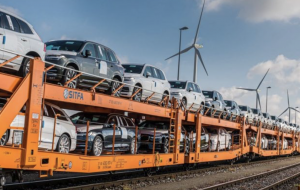Environmentalists have criticised a plan by HSBC, the UK-based but Asia-focused financial services giant, which vowed to stop funding thermal coal activities as “slow” and full of loopholes.
HSBC said in October last year that it wanted to achieve a net-zero financing portfolio by 2050, in line with the 2015 Paris Agreement on limiting global warming to 1.5 degrees Celsius.
Under the plans, it said it will “not provide new finance to any client for the specific purpose of activities that HSBC considers incompatible” with that target.
But campaign group Reclaim Finance, which lobbies for a greener financial sector, said the plan by HSBC “does not put a hard stop to its financing of the coal sector”.
It said the bank provided $4.1 billion to companies planning new coal plants and $15 billion to the entire coal industry, including in energy-hungry Asia.
The HSBC plan commits to phasing out financing of thermal coal mining or coal-fired power generation in the EU and OECD by 2030 and the rest of the world by 2040.
Science-Based Emissions Target
It also aims to publish a science-based emissions target next year, and has set a target of reducing its exposure to thermal coal financing by at least 25% by 2025.
“Financial institutions who are serious in their net-zero commitments should instead blacklist all coal developers, without exception,” Reclaim Finance said.
ShareAction, a non-governmental organisation campaigning for responsible and sustainable finance, welcomed HSBC’s progress in cutting coal-related corporate finance and the extension to asset management.
But it said there were “disappointing loopholes… which allow for the continued financing of top coal companies and developers whose activities would take us past the 1.5C threshold”.
HSBC is a founding member of the Net Zero Banking Alliance and the Glasgow Financial Alliance for Net Zero, which commits financial institutions worldwide to align their lending and investment portfolios with net zero emissions by 2050.
Noel Quinn, HSBC group CEO, chairs the Financial Services Taskforce of the Prince of Wales’ Sustainable Markets Initiative.
But last month, Quinn was criticised by activist group Positive Money for calling for a scaling up of green technologies while the bank participated in a $1.5 billion bond issuance by QatarEnergy, formerly Qatar Petroleum, to expand its fossil fuel business.
- AFP, with George Russell
SEE MORE:
HSBC Targets China Wealth Push, India Private Banking Return
HSBC Avoids China Property Storm With 74% Q3 Profit Jump
HSBC to focus on wealth management across Asia






















